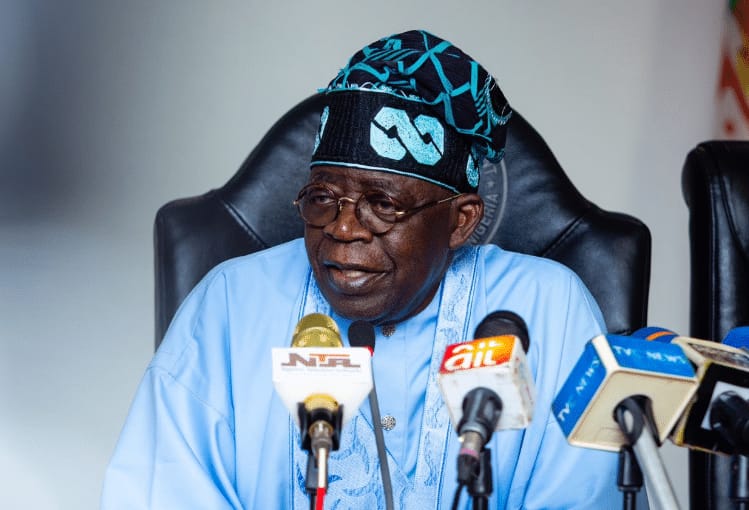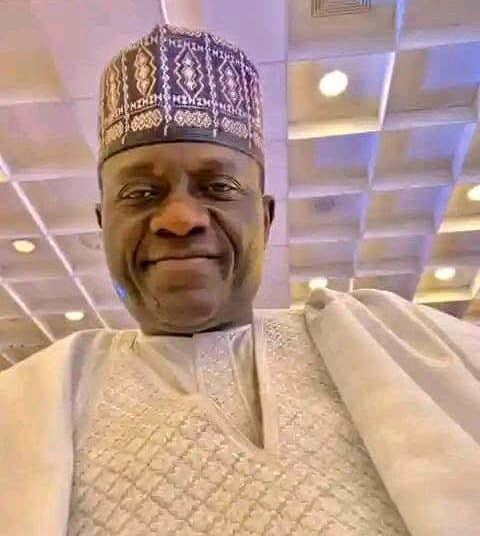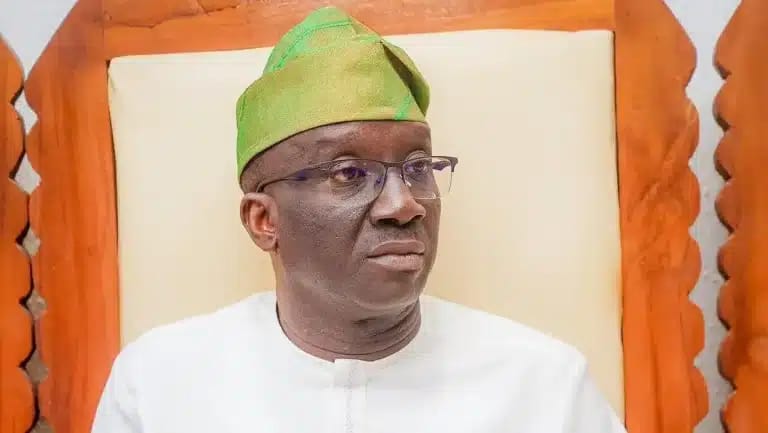The Federal Government of Nigeria has announced the cancellation of the annual military parade traditionally held to mark Democracy Day, which is scheduled for Thursday, June 12, 2025.
This year’s commemoration, the 26th since the country began celebrating the return to civilian rule in 1999, will proceed without the ceremonial parade that typically features prominently in national observances.
The announcement came from the Inter-Ministerial Committee on the Democracy Day celebration. In place of the usual public event, President Bola Tinubu will deliver a nationwide broadcast at 7:00 a.m. on Thursday. The president’s address is expected to reflect on Nigeria’s democratic experience, emphasize ongoing reforms, and call for unity and continued national development.
READ ALSO: ‘I Am Not Dealing With Tinubu
In addition to the morning broadcast, President Tinubu will also participate in a special joint session of the National Assembly at 12:00 noon. The session is set to focus on national issues, including an assessment of Nigeria’s democratic journey, the current state of the nation, and discussions on institutional reforms. Lawmakers and top government officials are expected to engage in dialogue that underscores the importance of deepening democracy in the country.
Later in the day, at 4:00 p.m., a public lecture will be held at the State House Conference Centre in Abuja. The event will gather political leaders, civil society representatives, and other stakeholders. It will provide a platform to examine the country’s democratic development under the theme: “Consolidating on the Gains of Nigeria’s Democracy: Necessity of Enduring Reforms.”
This year’s Democracy Day program, while more subdued in format, is being positioned as an opportunity for reflection and engagement rather than ceremony. The government has called on the public to watch the president’s broadcast and pay attention to the themes presented during the events of the day. Officials stress that national participation is critical in strengthening Nigeria’s democratic institutions and ensuring that reforms are inclusive and lasting.
The decision to forgo the parade is seen as a significant shift in tone from previous years, when Democracy Day was often marked by elaborate state functions and displays of national pride, including military drills and public gatherings. While no specific reason was provided for the change in format, the emphasis this year appears to be on fostering discussion and promoting unity at a time when the country faces multiple economic, political, and security challenges.
Democracy Day was moved from May 29 to June 12 in 2018, to honor the annulled 1993 presidential election believed to have been won by Chief Moshood Abiola. Since then, the day has symbolized both the nation’s democratic aspirations and its ongoing efforts to achieve political stability and development.
With the president’s address and legislative engagement replacing the traditional parade, the 2025 Democracy Day marks a moment of transition in how the country chooses to commemorate its democratic progress. The Tinubu administration appears to be prioritizing policy dialogue and institutional reflection over symbolic events.
As Nigeria continues to grapple with governance challenges and calls for political reform, the events of June 12, 2025, are being framed as a platform for national introspection. The government’s messaging around this year’s celebration emphasizes the necessity of enduring reforms to safeguard democratic gains and promote sustainable national progress.





